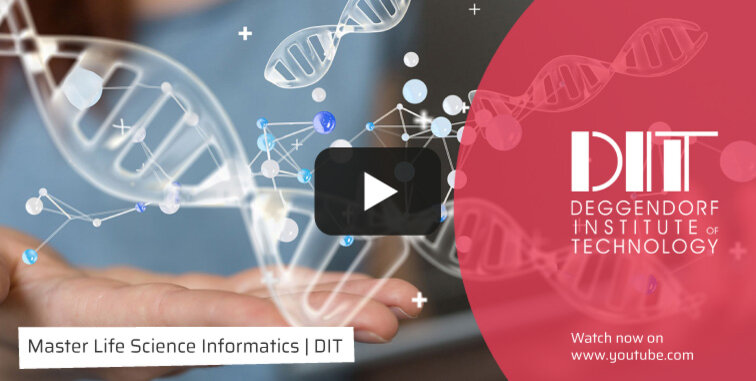shape digital change
become part of the megatrend
We provide support for internships, starting a job in a company, or setting up your own business

the holy grail of genetics
#sequencing #biomedicine #bioinformatics #computational biology
#informatics #life science
The Next Generation Sequencing (NGS) technology produces large amounts of data in a very short time. Analysing and understanding the human genome, epigenome and the associated transcriptome is a growing challenge. It is therefore important to generate a functioning and resilient interface between biologists, chemists, physicians and pharmacists, as research in the life sciences is not only carried out in the laboratory. The amount of data that is generated during the decoding of human, animal or plant genetic material, for example, must be processed and correlated in order to make it usable: This is the task of life science informatics.
Biomedical research currently uses a wide variety of computer-based analyses to identify and analyse genes that are predictive for the prognosis or response to therapy of a disease (personalised medicine and molecular diagnostics). The analysis and evaluation of these data sets requires a sound knowledge of medical and scientific basics in combination with application-oriented computer science knowledge. It is precisely these core skills that are taught intensively and in an application-oriented manner in the Master's programme Life Science Informatics.
The challenge of evaluating the NGS data is not to read the "letter sequence" of our genetic material (DNA and RNA), but rather to understand the function, regulation and interaction of genes, the "holy grail" of genetics.
Learn more: Presentation video of the study program from the Master Info Evening
fact sheet life science informatics
Degree: Master of Science (M.Sc.)
Duration: 3 semesters (18 months)
ECTS points: 90
Start: October (winter semester)
Application period: 15 April - 15 June
Location: Deggendorf
Taught in: English
Admission requirements:
- Completed studies in Biomedicine or Informatics with a B.Sc. degree.
- A successfully completed assessment test, information about the assessment test
- The admission test for the coming winter semester is expected to take place in May and June. The date cannot be freely chosen. You will be invited to an appointment if you are suitable.
- English skills at C1 level (see language requirements)
- Knowledge of German at level A2 (see language requirements)
Application procedure: Read step by step of how to apply
Fees:
- No tuition fees, only student union fee
- International students from non-EU/EEA countries are required to pay service fees for each semester. Click here to read about our service fees.
Contact:
- Information about the programme content: lsi-m-info@th-deg.de
- For general info about studying at DIT contact our prospective student advisors
- Information for freshers
career prospects
Due to the rapid development of NGS technology, graduates of the Life Science Informatics Master's course are increasingly needed by software or database providers for scientific applications, chemical, pharmaceutical or biotech companies as well as in scientific research and development.
Career opportunities are particularly attractive:
- At universities
- In pharmaceutical companies
- In clinical and/or scientific research institutions
- In bioinformatics companies
- In biotech companies
- In the biomedical industry
If you belong to the best, then you have optimal conditions after the master study to still follow a graduation.
subject overview
Overview of lectures and seminars, SWS (weekly semester hours) and ECTS (European Credit Transfer and Accumulation System) of the Master's course Life Science Informatics.
| 1. Semester | SWS | ECTS |
|
Informatics und Biomedicine
|
4 | 5 |
| Life Science 1 | 4 | 5 |
| Informatics 1 | 4 | 5 |
| Biostatistics 1 | 4 | 5 |
| Sequencing Technologies | 4 | 5 |
| Biomedical Data Analysis | 4 | 5 |
| 2. Semester | SWS | ECTS |
| Life Science 2 | 4 | 5 |
| Informatics 2 | 4 | 5 |
| Biostatistics 2 | 4 | 5 |
| Data Mining and Machine Learning | 4 | 5 |
| Bioinformatics Algorithms and Data Structures | 4 | 5 |
| Data Visualisation | 4 | 5 |
| 3. Semester | SWS | ECTS |
| Master Thesis | - | 22 |
| Master Colloquium | - | 3 |
| Master Seminar | 6 | 5 |




